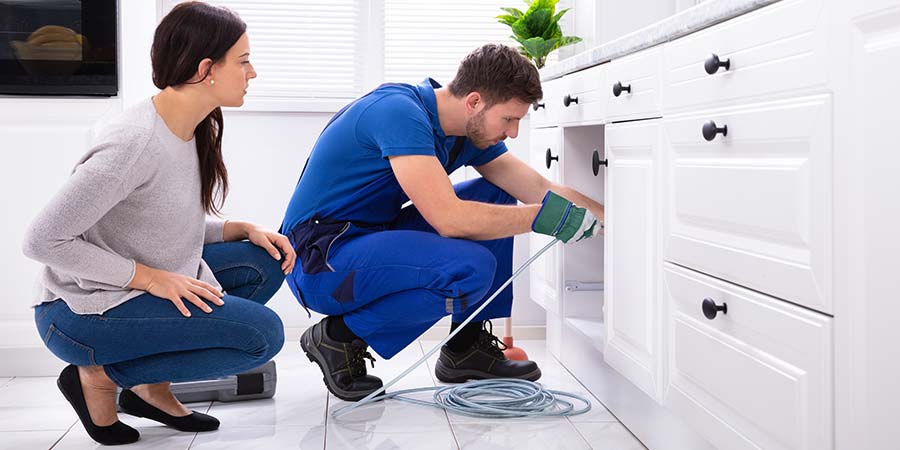How to Handle Frozen Water Lines in Denver, CO: Tips to Protect Your Plumbing
Introduction
As temperatures drop in Denver, Colorado, frozen water lines become a common issue for homeowners and businesses. If not addressed promptly, frozen pipes can lead to costly repairs and water damage. In this post, we’ll explore the causes of frozen water lines, how to recognize the signs, what to do if your pipes freeze, and how to prevent this problem in the future.
What Causes Frozen Water Lines?
Frozen water lines occur when temperatures drop below freezing, causing water inside the pipes to solidify. This issue is particularly prevalent in areas like Denver, CO, where winter temperatures can be harsh. Key factors that contribute to frozen water lines include:
- Poor Insulation: Pipes that are not properly insulated are more susceptible to freezing.
- Exposed Plumbing: Pipes located in unheated areas such as basements, attics, or crawl spaces are at higher risk.
- Low Thermostat Settings: Keeping your home too cold increases the likelihood of pipes freezing.
Signs Your Water Lines Might Be Frozen
Identifying frozen water lines early can prevent further damage. Here are some common signs to watch for:
- Reduced Water Flow: If water is barely trickling or not flowing at all, your pipes may be frozen.
- Frost on Pipes: Visible frost or ice on exposed plumbing is a clear indicator.
- Unusual Noises: Gurgling or clanking sounds when you turn on the faucet can signal ice blockages.
What to Do If Your Water Lines Freeze
Dealing with frozen water lines promptly is crucial to minimizing damage. Follow these steps:
Step 1: Locate the Frozen Section
Inspect your plumbing for visible frost or bulging pipes to identify the problem area.
Step 2: Turn Off the Water Supply
Shut off the main water valve to reduce pressure in the pipes and prevent them from bursting.
Step 3: Safely Thaw the Pipe
Use one of the following methods to thaw the frozen section:
- A hairdryer set to low heat, moving it evenly along the pipe.
- Warm towels wrapped around the pipe.
- A space heater placed near the pipe (ensure it is used safely).
Warning: Never use an open flame or high heat, as this can damage pipes or cause fires.
Preventing Frozen Water Lines
Prevention is the best approach to protect your plumbing during cold weather. Here are some tips:
- Insulate Exposed Pipes: Use foam insulation sleeves or heat tape to keep pipes warm.
- Drip Faucets: Allowing faucets to drip slightly can keep water moving and prevent freezing.
- Seal Drafts: Close gaps around doors and windows near pipes to prevent cold air from seeping in.
- Maintain Indoor Temperatures: Keep your thermostat set to a consistent temperature, even when you’re away.
When to Call a Professional Plumber
Sometimes, frozen water lines require professional attention. Call a plumber if:
- The pipes remain frozen despite your efforts to thaw them.
- You notice a burst pipe or water damage.
- You lack the tools or expertise to handle the issue safely.
At [Plumber’s Business Name], we specialize in resolving frozen water line issues quickly and effectively. Our team in Denver, CO, is here to help protect your home from plumbing disasters.
Conclusion
Frozen water lines are a serious concern during Denver, Colorado winters, but with the right knowledge and preventative measures, you can protect your plumbing system. If you encounter a frozen pipe or need professional assistance, don’t hesitate to contact us. Our experienced plumbers are ready to provide expert solutions and peace of mind.
Contact us today at 303-319-4271 for all your plumbing needs!


